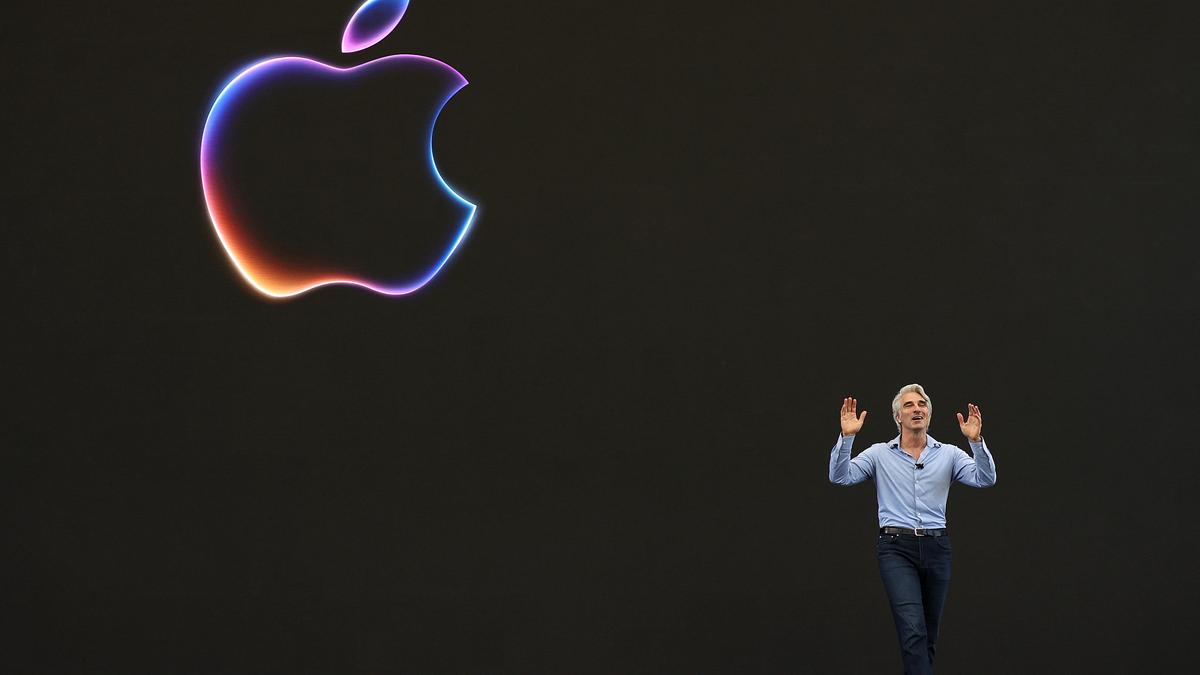
Overly strict regulations could hinder AI growth in India, caution experts
The Hindu
India grapples with AI regulations amid concerns over deepfakes, with experts urging a balanced approach to foster innovation.
As India grapples with the regulatory landscape for artificial intelligence (AI), a sector which has seen rapid development in recent years, experts opine that strict regulations could stifle the country’s burgeoning AI-driven economy.
Currently, India does not have specific laws directly addressing generative AI, such as deepfakes. It has instead introduced a series of advisories and guidelines to encourage the responsible development and implementation of AI technologies.
After a “deepfake” video clip of actor Rashmika Mandanna went viral on social media platforms last year, the Ministry of Electronics and Information Technology (MeitY) asked social media intermediaries to take such content down within 36 hours, a requirement outlined in the IT Rules, 2021.
In December last year, the Delhi High Court asked the Centre to respond to a public interest litigation (PIL) plea against the unregulated use of AI and deepfakes.
Deepfake videos utilise AI to swap the likeness of a person in an existing video with someone else’s. Recently, concerns have grown around deepfake technology, as it can produce highly realistic fake videos that may be misused for spreading misinformation, creating fake news, or generating false narratives.
The petition said while technological development was happening by leaps and bounds, the law was moving at a snail’s speed. The plea said AI has its own deep-rooted challenges and it was necessary to fill the vacuum caused by the absence of regulations.
While the high court is scheduled to hear the petition in July, the MeitY on March 1 issued an advisory saying that all generative AI products, like large language models on the lines of ChatGPT and Google’s Gemini, would have to be made available “with [the] explicit permission of the Government of India” if they are “under-testing/ unreliable”.













